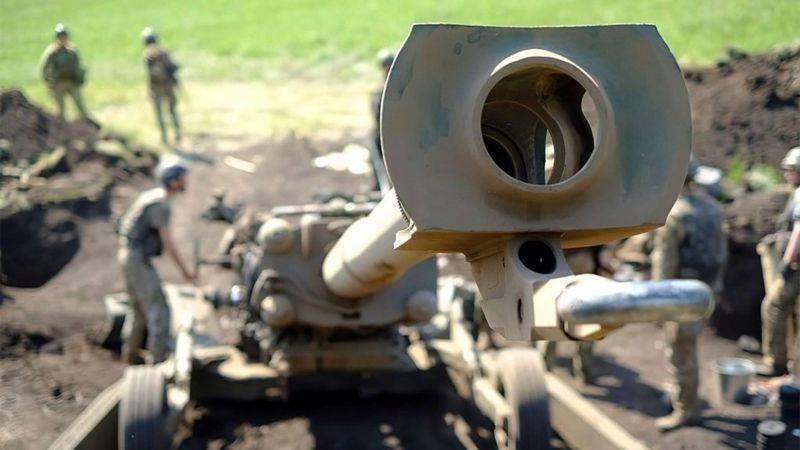"A fragmentation bomb," she says, gesturing to the damaged vehicles. "A drone was flying around dropping them."
Most Ukrainian refugees head west to escape the Russian advance, aiming for Ukrainian-held lands or the safety of the EU.
But others have done the unthinkable and headed towards the invaders. Natasha and her family are among hundreds who have driven into Russia and then onto a third country - risking arrest at border crossings and dozens of checkpoints by passing into the nation that invaded their homeland.
Some make the journey on their own, like Natasha. But others pay private drivers or rely on volunteers to ferry them through enemy territory. From Ukraine they either head directly east into Russia, or they drive south, through Crimea - occupied by the Russians since 2014 - and then onto the Russian mainland.
The BBC has spoken to people and groups who have helped to organise these escapes. To protect the safety of the refugees who make the journey and those helping them, details of the routes and the drivers will not be revealed.
Oleksandr is a sailor from Mariupol. On the morning of the invasion his brother-in-law's family fled their home for the port city. Half an hour after they arrived, the family heard the first explosions far in the distance. His relations immediately decided to leave the area and escape to central Ukraine.
"It was before they even finished their tea," Oleksandr says. "I expected [the war] to be like 2014 - a little bombing, a little talking, after that - shake hands and stop. That was my big mistake."
Oleksandr, his wife Nadia, and their two sons Vlad and Dmytro stayed in Mariupol for months. They sheltered in the basement of their apartment block as the Russians pounded the city with artillery and bombs, venturing out only to cook on a grill. They had to use a corner of the basement as a communal toilet; after months underground, only 40 or so of the 120 people who first went down into the shelter remained there alive.
The 42-year-old says they heard nothing about evacuations and received no aid during their time in the city. There was no internet or phone service, but occasionally messengers would come from other parts of Mariupol, and he began to ask about a way out for him and his family.
Eventually they found a driver willing to drive them to Berdyansk - a Ukrainian city southwest of Mariupol occupied by the Russians. At $50 (£40) a head it wasn't cheap. But on 18 May, nearly three months after the invasion began and the day after the city fell to the invaders, they set off in a Ford Transit van to escape.





No comments yet
Be the first to share your thoughts!